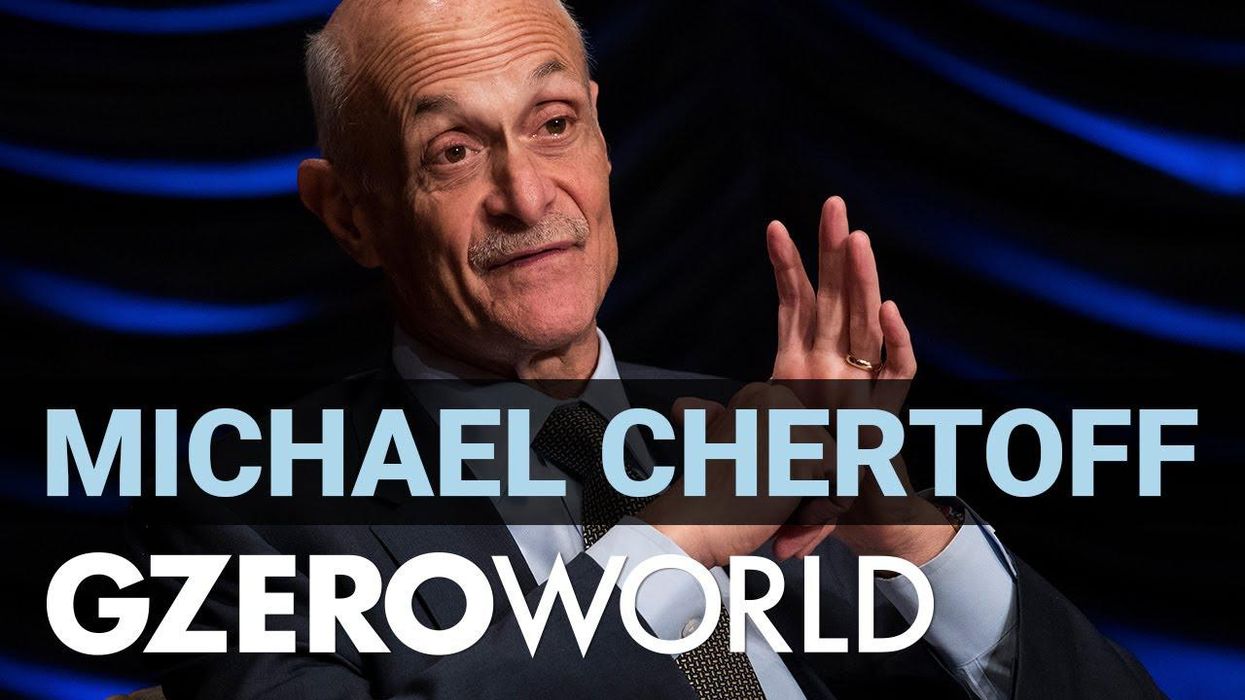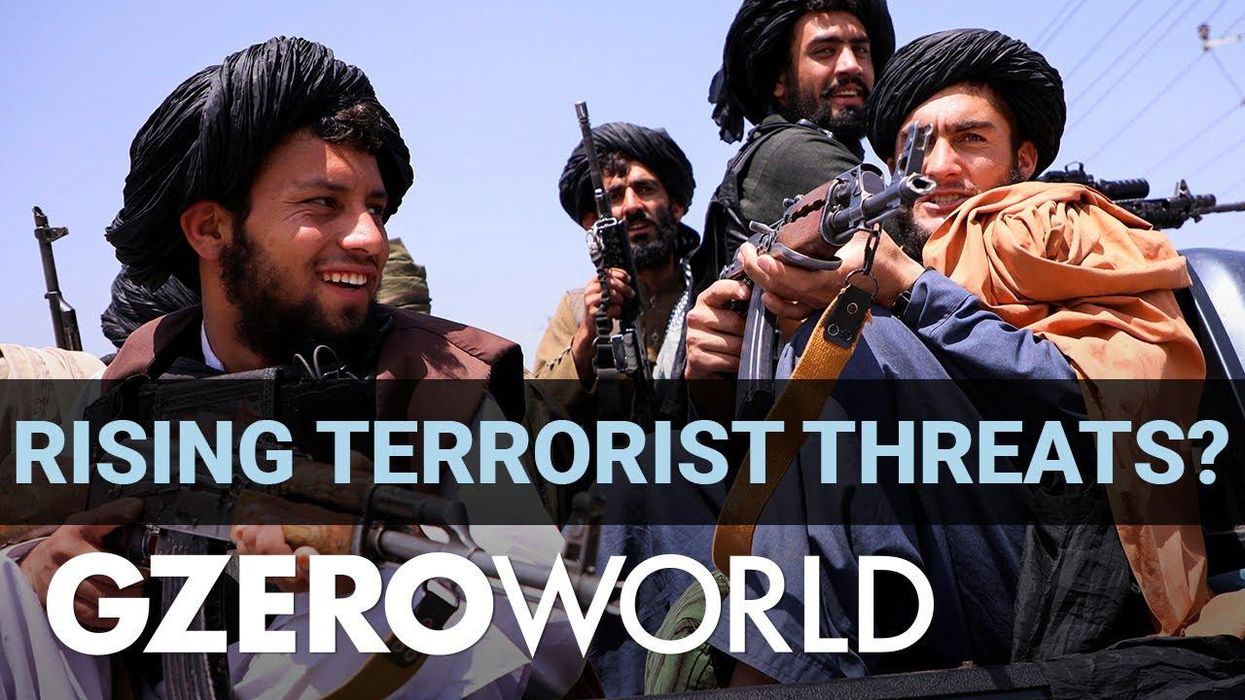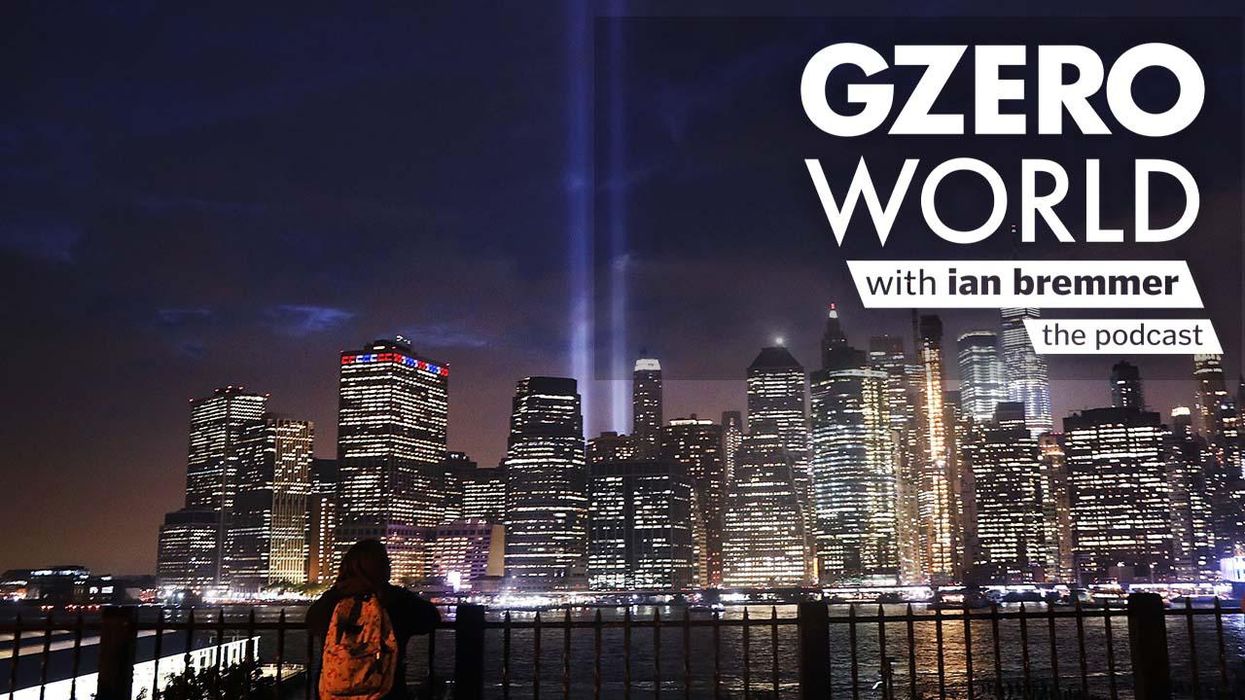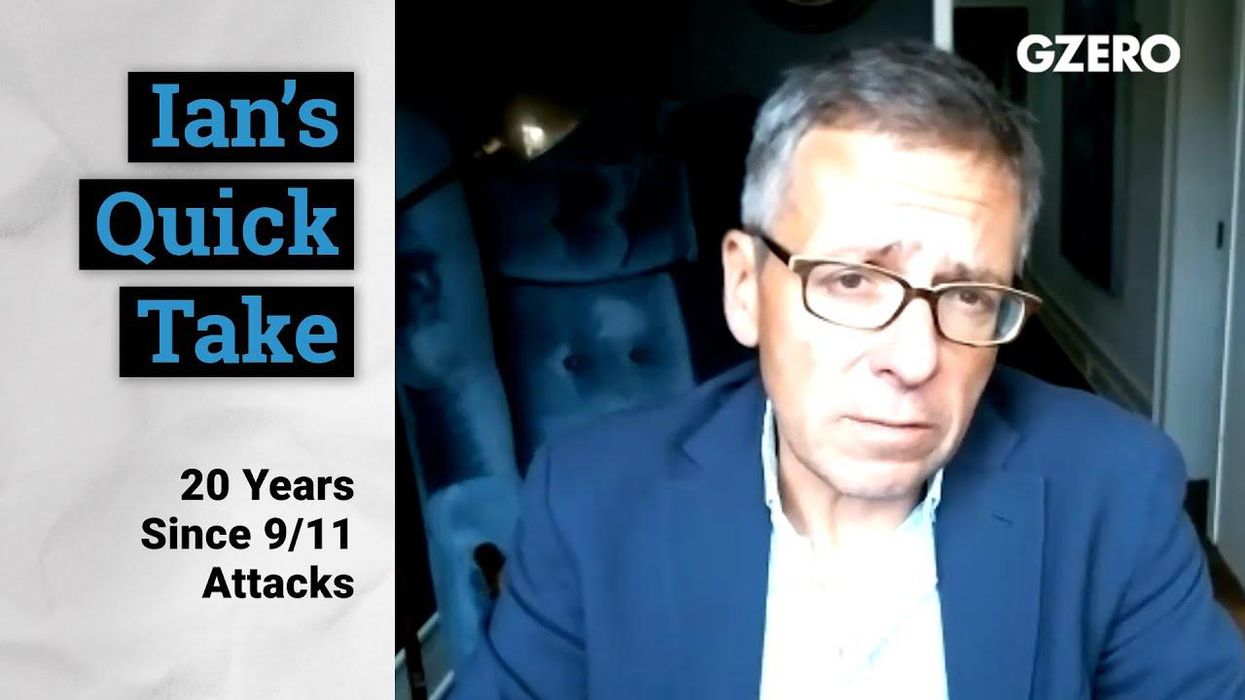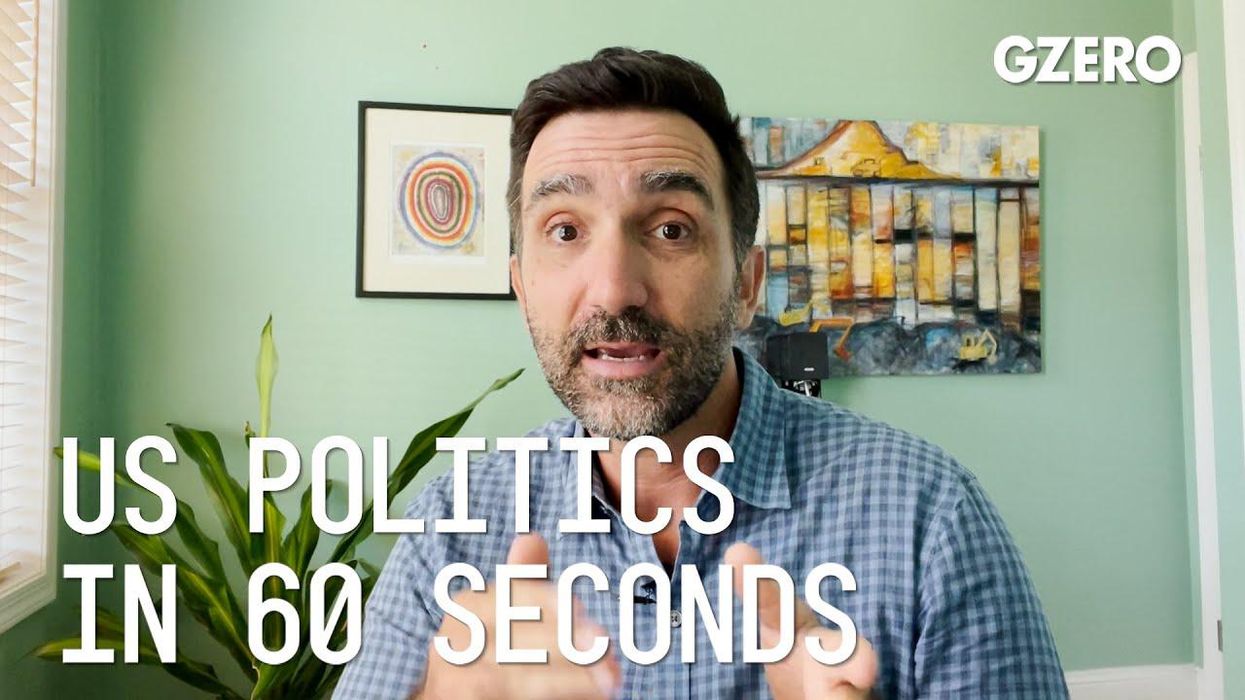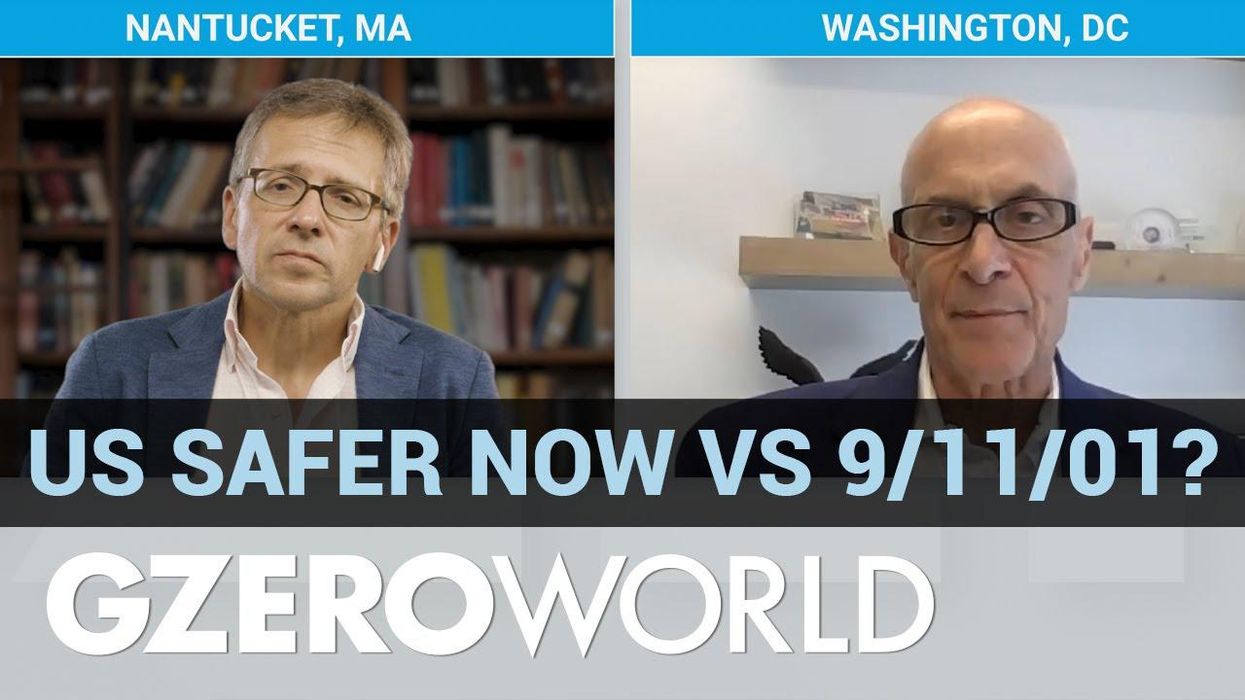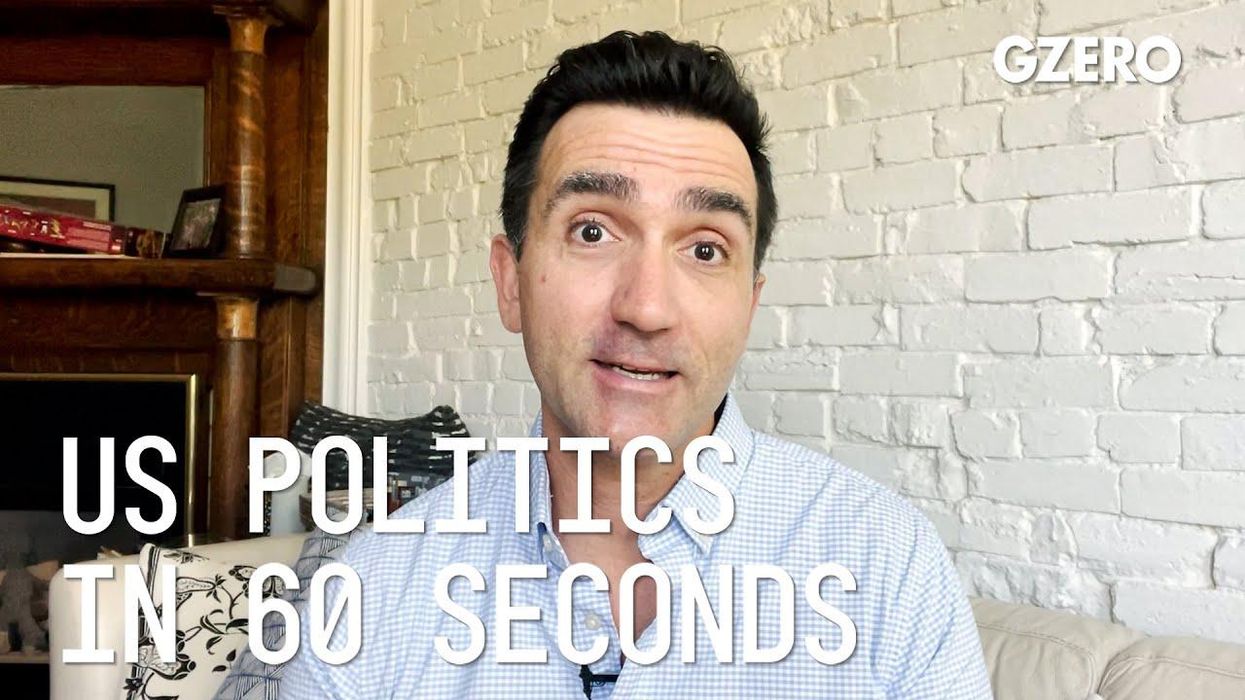GZERO World Clips
Former US Homeland Security chief Michael Chertoff discusses counterterrorism
For Michael Chertoff, former US secretary of Homeland Security from 2005 to 2009, the fact that America has not experienced a single attack by foreign terrorists since 9/11 proves that the US was "successful" in its strategy to prevent terrorism.
Sep 18, 2021
